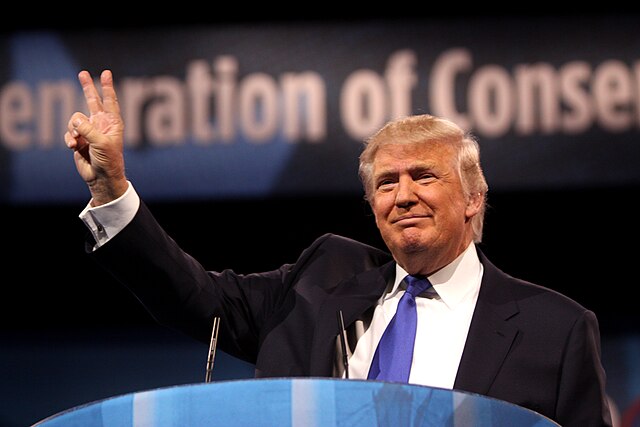The Colorado Supreme Court rendered a historic decision on Tuesday, invoking the 14th Amendment to declare Donald Trump ineligible to run for president in 2024.
The ruling, based on the events of the Jan. 6 riot at the US Capitol, prohibits Trump’s inclusion on the presidential primary ballot.
This decision, likely to be appealed and anticipated to generate strong reactions from both Trump’s supporters and critics of his actions on Jan. 6, establishes the groundwork for a legal battle before the United States Supreme Court regarding the outcome of the upcoming election.
The 4-3 majority opinion from Colorado’s justices asserted that the former president had “engaged in insurrection.”
The recent decision is the culmination of a protracted legal challenge in Colorado questioning Donald Trump’s eligibility for the ballot, grounded in Section 3 of the 14th Amendment.
On Tuesday, the majority of the Colorado Supreme Court overturned a previous ruling by a lower court, which had concluded that the president did not qualify as an “officer” of the United States under the Constitution.
Consequently, the lower court had determined that Section 3 of the 14th Amendment did not apply to the president.
The ruling, in addition to dismissing Trump’s appeal on 11 issues, asserted that his actions on January 6, including a speech delivered outside the White House that morning, did not fall under the protection of the First Amendment.
Despite being the leading candidate in the 2024 GOP primary, Trump has criticized the Colorado 14th Amendment challenge, as well as similar lawsuits nationwide, characterizing them as unfounded and undermining democratic principles.
Following the decision, a spokesperson for Trump pledged to file an appeal, and the campaign has promptly initiated fundraising efforts based on the outcome.
Trump Faces Multiple 14th Amendment Challenges Amid Rising Eligibility Concerns

To date, Donald Trump has encountered numerous challenges under the 14th Amendment in various states as momentum against his eligibility gained traction this year, finding support among advocates and some legal circles, including conservative scholars.
On December 6, the Colorado Supreme Court engaged in a two-hour hearing to consider the appeal against the lower court’s rejection of Citizens for Responsibility and Ethics’ (CREW) challenge to Trump’s ballot eligibility.
The justices posed pointed questions pivotal to the case, exploring aspects such as the definition of insurrection, the characterization of the Capitol riot, and the applicability of the “insurrectionist ban” to a US president.


Comments are closed.